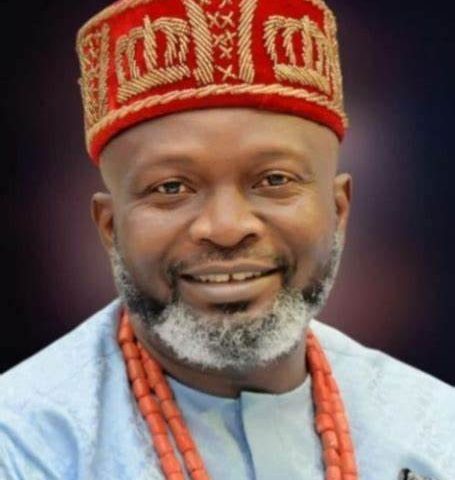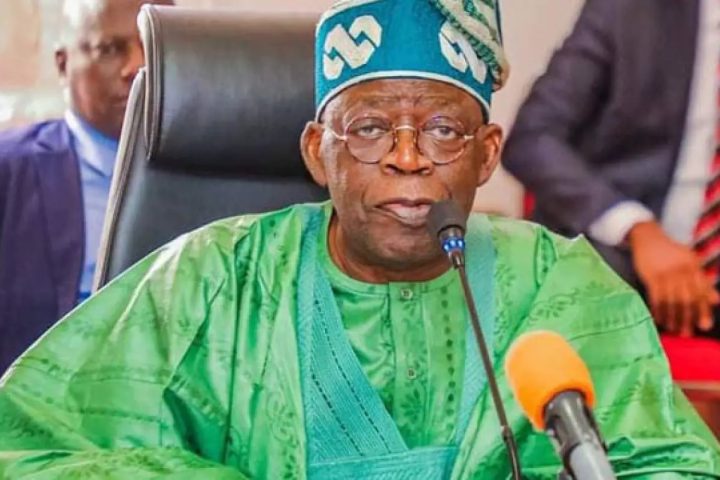Brendan Carr has been involved with the Federal Communications Commission (FCC) for over a decade. His journey began in 2012 as a staffer. By 2017, he had become the agency’s general counsel and was later appointed as an FCC commissioner by then-President Donald Trump.
His term was renewed by President Joe Biden, extending his role until 2029. This experience gives Carr deep knowledge of FCC operations and its impact on media, telecommunications, and internet services.
Join our WhatsApp ChannelA Strong Stance on Big Tech
Brendan Carr has been an outspoken critic of Big Tech. He believes that tech giants hold too much power over public discourse. Carr’s views align with efforts to reform Section 230, a law that shields social media platforms from being held liable for user content. He argues that courts have interpreted Section 230 too broadly, giving tech firms legal protections not intended by Congress.
“The censorship cartel must be dismantled,” Carr recently stated, highlighting his stance on Big Tech’s role in moderating online content. He’s expected to push for more oversight of social media platforms and support calls for transparency in how these companies manage user content.
Brendan Carr as a Supporter of Media Accountability
Carr’s focus is not limited to Big Tech. He’s also raised concerns about TV broadcasters. He criticized NBC for allegedly violating the FCC’s “equal time rule” during election season, a regulation requiring networks to give equal airtime to political candidates. This stance is seen as part of a broader effort to hold media companies accountable for their content.
He’s been vocal about ensuring that TV broadcasters operate in the “public interest.” If he becomes chairman, he’s expected to review whether broadcasters comply with FCC regulations. His critics argue that some of these actions could push legal boundaries, as the FCC’s authority over media content has limits.
READ ALSO: What To Know About Lee Zeldin, Trump’s Pick For Environmental Protective Agency
A Key Role in Project 2025
Brendan Carr played a major role in drafting the telecommunications section of Project 2025, a policy plan from the conservative Heritage Foundation. This document outlines priorities for a possible second Trump administration. His proposals include revisiting Section 230 protections and reshaping the FCC’s role in overseeing social media companies.
Carr’s contributions to Project 2025 have drawn criticism from some Democratic lawmakers, who see it as part of a broader agenda to increase government control over online platforms. However, his supporters argue that this approach will create more accountability for Big Tech firms.
Ally of Elon Musk’s SpaceX
Brendan Carr’s relationship with Elon Musk has been widely noted. He has supported federal awards for SpaceX’s satellite service, Starlink, which aims to bring high-speed internet to rural areas. When the FCC revoked an $885 million award to Starlink, Carr criticized the decision, calling it “regulatory lawfare” against Musk.
“There is still time to change course,” Carr wrote in a Wall Street Journal op-ed. He urged the FCC to reconsider its decision, arguing that Starlink’s satellite technology is essential for closing the digital divide in rural areas. This stance suggests that, as chairman, he’d likely push for more support for emerging technologies like satellite internet.
Legal Industry’s Views on Carr’s Plans
Legal experts have questioned whether Carr’s proposed actions are within the FCC’s authority. For example, critics argue that the FCC’s role does not include regulating social media companies, as that responsibility lies with Congress. Blair Levin, a former FCC chief of staff, remarked, “Suddenly [the FCC] has authority to regulate tech. I think that’s inconsistent with the law.”
While some experts see Carr’s plans as legally risky, others believe his actions could spark broader discussions on tech regulation. Telecommunications attorney Michael Lazarus believes Carr’s leadership will bring scrutiny to Big Tech’s power and TV networks’ obligations under FCC rules.
What’s Next for Brendan Carr?
If Brendan Carr becomes the next FCC chairman, he’s expected to reshape the agency’s role in regulating Big Tech, TV broadcasters, and new technologies like satellite internet. His experience, strong stance on Section 230 reform, and support for SpaceX’s Starlink position him as a key figure in the evolving relationship between government and tech companies.
With Trump’s backing and a clear agenda to increase accountability for Big Tech, Carr’s leadership could mark a shift in how the FCC approaches digital communications. His supporters believe he’ll bring more fairness and transparency to tech regulation, while his critics warn of potential overreach.
Emmanuel Ochayi is a journalist. He is a graduate of the University of Lagos, School of first choice and the nations pride. Emmanuel is keen on exploring writing angles in different areas, including Business, climate change, politics, Education, and others.



















Follow Us